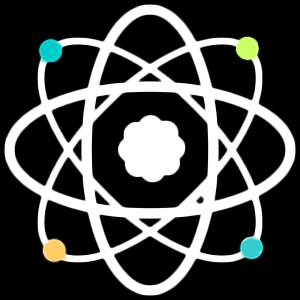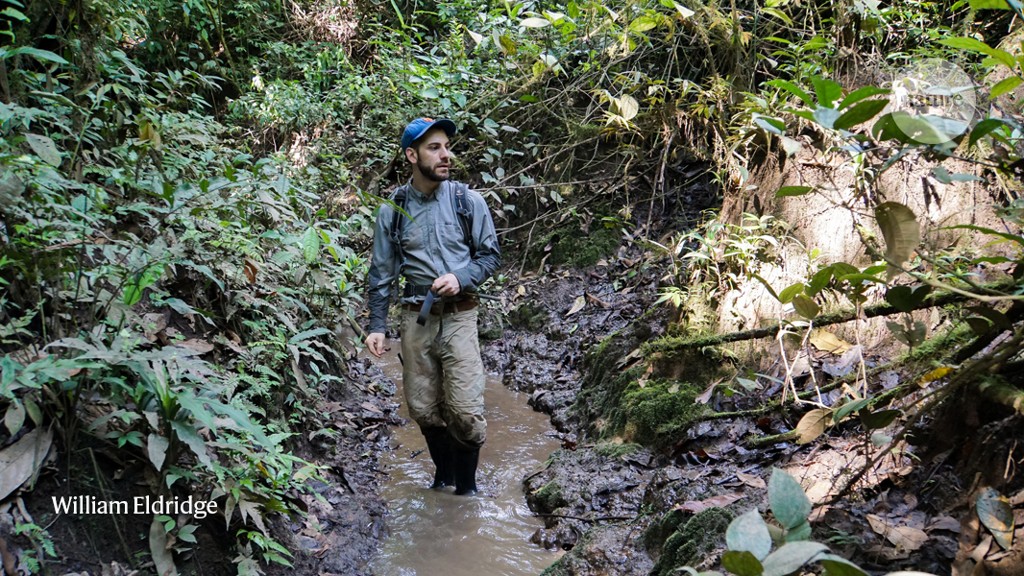In February, two colleagues and I began a study of several hundred lizards in southern Florida to identify traits that determine which individuals succeed in new environments.
I hoped the project would make up the final chapter of my PhD dissertation. Then came the COVID-19 pandemic. We ended the project prematurely in mid-March and went home to be with our loved ones.
Abandoning several weeks of productive work and several thousand dollars of funding with nothing to show for it was deflating. Once home, my disappointment, combined with physical exhaustion from long days working in the field, resulted in a cycle of napping and playing video games to help me stop obsessing about what I had left behind. After a few days, I felt ready to re-enter the world. I turned on my computer and began to reflect.
I thought about how, as a field ecologist, I am never fully in control of my research. My research subjects are literally wild. Often, this wildness makes work fun. In 2016, during the first year of my PhD, I studied semi-aquatic lizards living along small streams in Costa Rica. As I gleefully chased them from bank to bank, alert to the potential danger of encountering crocodiles or venomous snakes, I thought I had one of the best jobs in the world. On the other hand, sometimes that wildness makes work impossible: my projects are often thwarted by unanticipated acts of nature.
For example, during a field season in Florida in June and July 2017 two years into my PhD, I collected data from lizard populations that were intended for a long-term experiment. But that September, Hurricane Irma blasted my study islands, knocking over trees and temporarily submerging the islands. With my study sites physically and ecologically altered, I scrapped my plans and went back to the drawing board.
At the time, it was easy for me to remain calm. I still had four years of institutional support to complete a dissertation: that felt like forever. And my adviser is an expert at extracting interesting findings from fieldwork smashed by hurricanes. Although many of the data from that first summer were not useful or informative, some contributed to an analysis of post-hurricane changes to my original study populations. I also redesigned the abandoned experiment, modifying it to fit into a single field season to circumvent the potential for destruction by a hurricane.
Heron hold-ups
Attempt number two began in May 2018, when colleagues and I worked tirelessly to establish the same experiment on six islands with a total of several hundred lizards, all measured and uniquely marked so we could track their behaviour throughout the summer. We celebrated the successful set-up with a week-long vacation. But when we returned to survey our study islands, many of them seemed empty. Where had all the lizards gone? I don’t know for certain, but in the days that followed we encountered multiple herons, known predators of small lizards, lurking around our study sites. We ditched four of our six sites and tried to power through.
This time, I did not handle adversity well. Overwhelmed by self-imposed pressure to salvage the project, I was irritable and angry in the field. I overreacted to small mishaps, such as loading our boat onto the trailer crookedly and accidentally breaking my lizard-catching pole. I also struggled to communicate. I dismissed my colleagues’ questions about our work as unimportant or uninteresting. This behaviour made me difficult to approach, so no one told me how my demeanour had changed, and my stress about the project blinded me from seeing it for myself until it was too late.
I’ve spent the past two years reflecting on the circumstances that contributed to my loss of perspective and composure that summer. After Hurricane Irma the previous season, I just wasn’t ready for what felt like bad luck to ruin my progress again. I was fixated on finishing the experiment. Obsessed with the idea that I could still ‘win’ the field season, I failed to notice the strain I was putting on myself and my relationships with colleagues. Rather than accepting what I could not control, I broke.
Decision time
When the coronavirus outbreak escalated in the United States in March, my colleagues and I narrowed our options to two. Option one was to stay in the field. Our housing and study sites were very isolated, so we could finish our work without endangering ourselves or others. But amid uncertain projections about the spread of the coronavirus, it seemed unlikely that we would be able to travel safely in April, when we had planned to spend time at home between phases of the project. Option two was to abandon the work.
The decision felt urgent. Several US cities and states, including our home states of Massachusetts, California and Hawaii, had already ramped up their restrictions on travel and social gatherings. If we were going to return, we should do so as soon as possible. At first it seemed foolish to abandon a project that we valued and had already invested in, knowing that we could potentially see it through. Then we thought about what we would truly be asking of ourselves if we stayed. Finishing the work and safely returning home at the end of May, without seeing our families in April as planned, was a best-case scenario. It was mid-March, and we had already been away for nearly four weeks. Could we be away for another ten? Maybe. But we didn’t know then, just as we don’t know now, when advice to avoid air travel would change. The possibility that we could get stuck away from home well past May was daunting.
We also considered the inevitable bumps in the road to completing any research project, even those that get off to a great start, as ours had that season. To handle setbacks with grace, it helps to have a reservoir of emotional energy to draw from lest you lose patience and overreact. I know this from experience. My colleagues and I also knew that regardless of how our work turned out, our emotional reservoirs would be repeatedly taxed by the strain of separation from home and our loved ones during a time of immense uncertainty. We chose option two and went home.
Accepting bad fortune
I value my work, but for me, the decision was not merely a reflection of whether I think research is important. I have experience of bad fortune and how to accept it. This time, my desire to finish the project was just one component of my professional and personal identities and returning home felt like the right decision. My colleagues had similar feelings. Now, more than one month later, we have no regrets, and we’re eager to try the project again next year.
Until then, I am desk-bound. I don’t always know what to do while sitting there. I’m a field ecologist. But I do know two things: I’m happy to be at home with my family; and when someone asks me what I accomplished during my PhD, I will tell them that nature taught me how to cope with events that I cannot control.



